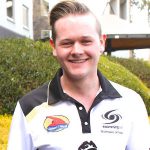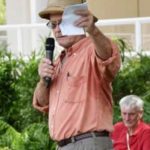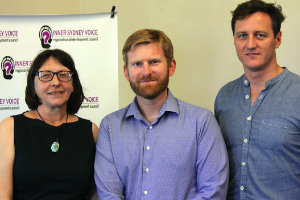Govt admits police excess: new inquiry into press ‘freedom’
The announcement by the Australian government of an inquiry into excessive security laws and police power is an admission that raids on the ABC and an Australian journalist’s home were way beyond reasonable, Bill Rowlings says. Here’s the full terms of reference.



 Former High Court chief judge Robert French has delivered a less-than-innovative report on the issue of free speech on uni campuses. He proposes tinkering with new federal laws. But, says Law student Sam Coten, the universities themselves should take individual leads and live up to the promise on which the entire sector was founded nearly 1000 years ago.
Former High Court chief judge Robert French has delivered a less-than-innovative report on the issue of free speech on uni campuses. He proposes tinkering with new federal laws. But, says Law student Sam Coten, the universities themselves should take individual leads and live up to the promise on which the entire sector was founded nearly 1000 years ago.
